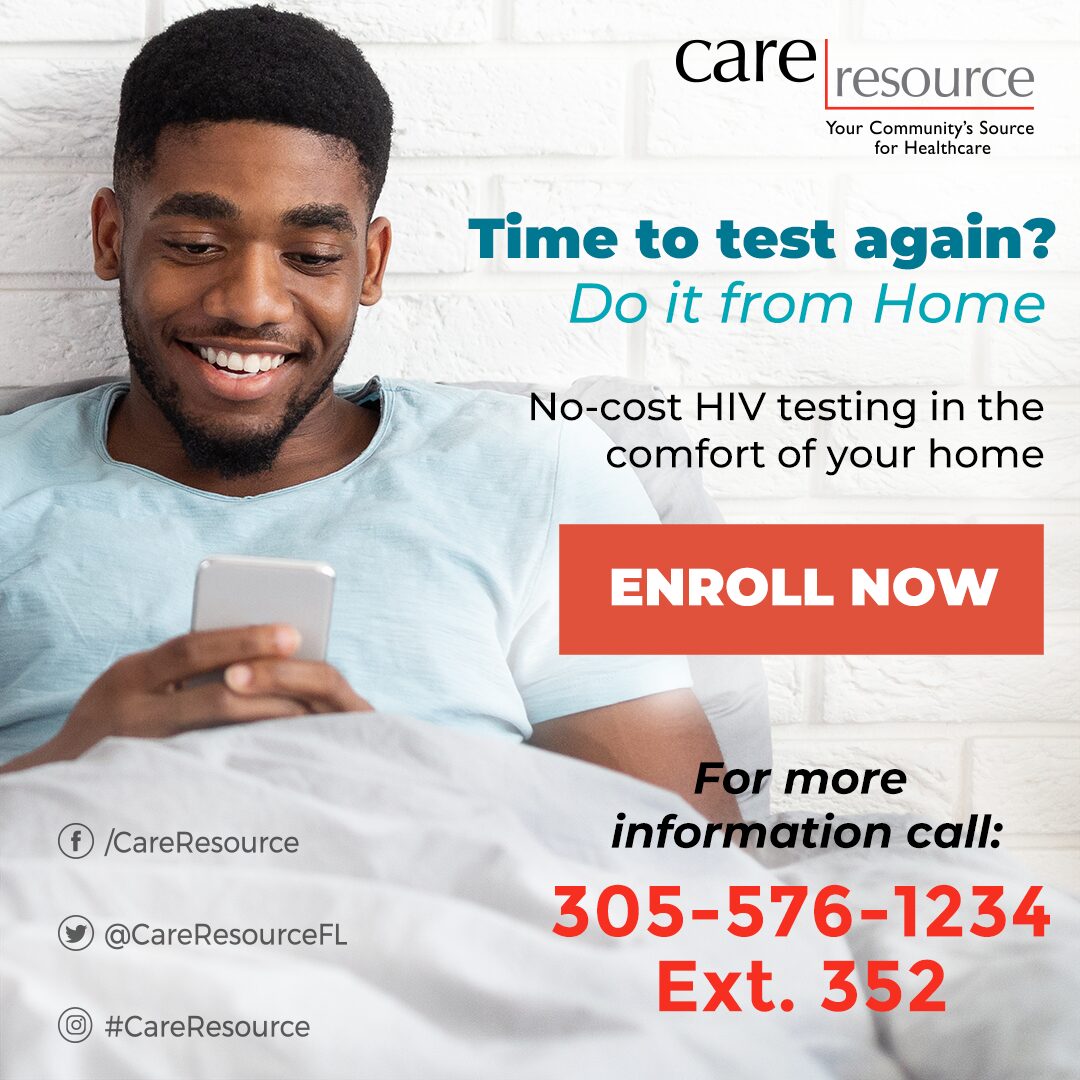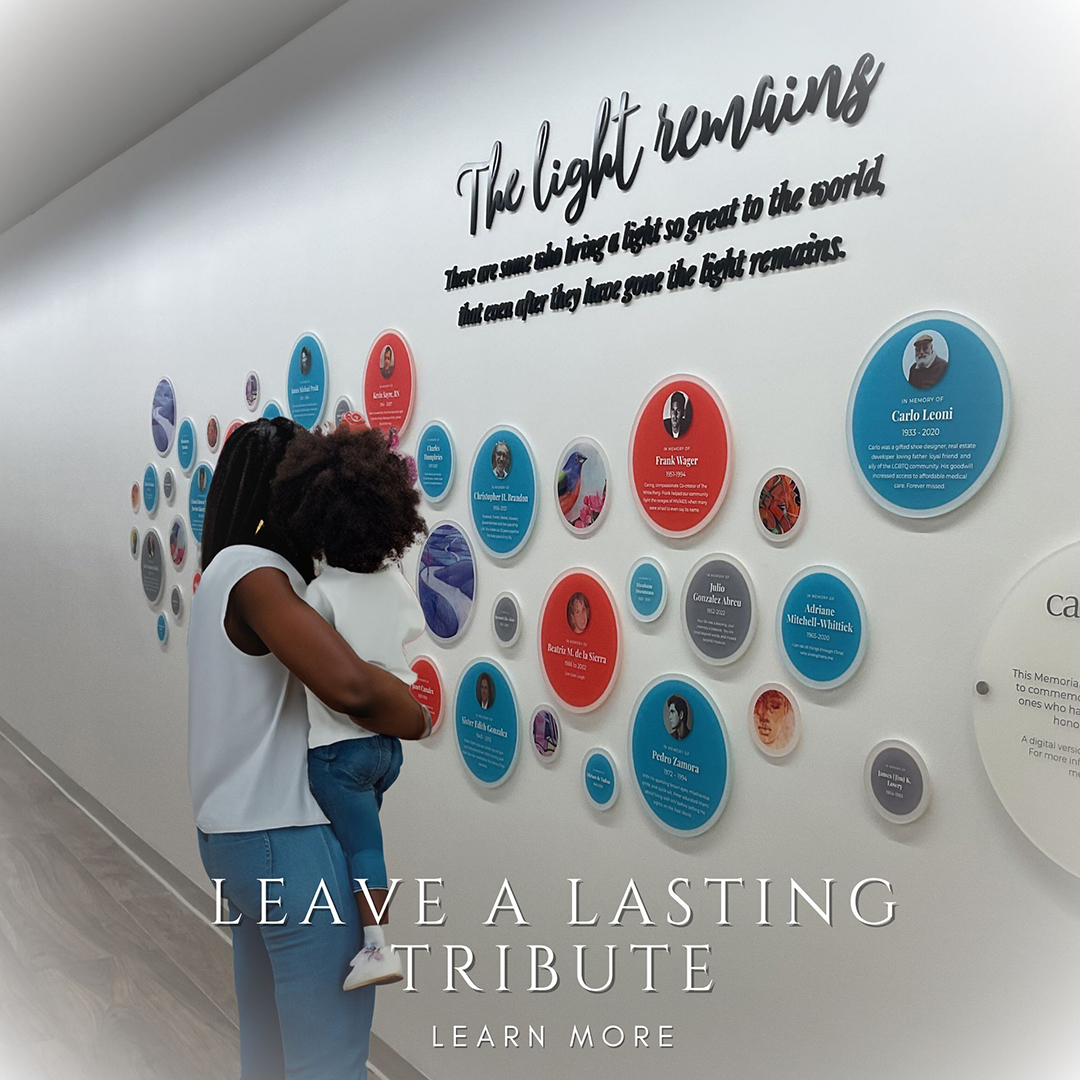Digital Mindfulness During a Pandemic and Everyday
 Throughout the COVID-19 pandemic, we have turned to virtual means of connection, entertainment, and education, exacerbating the realities of this digital age. Moderating screen time and remaining mindful of the content we consume can help us decide what impact digital devices have on our lives.
Throughout the COVID-19 pandemic, we have turned to virtual means of connection, entertainment, and education, exacerbating the realities of this digital age. Moderating screen time and remaining mindful of the content we consume can help us decide what impact digital devices have on our lives.
School closures led to the dependence on digital devices for virtual learning. Despite the positive impact of digital innovation on education, reduced time spent outdoors and increased screen time could have a long-term negative impact on childhood development. Many children have replaced outdoor recreation or creativity with recreational screen time. Outdoor time has proven to be protective against the onset of myopia, otherwise known as nearsightedness. It’s essential that children’s digital time for schoolwork is balanced between active and creative activities.
According to a recent study, as of June 2020, 62% of parents to U.S. teens aged 14 to 17 years stated that their children were spending more than four hours per day on electronic devices since the start of the COVID-19 pandemic. Before the pandemic, only 32% of responding parents stated that this was the case. Moving forward, individuals of all ages will need to learn and maintain healthier digital habits in order to protect their physical health, including eyesight, and behavioral health. A good first step would be to adjust our home environments to be more conducive to healthy online learning and working. By creating a space with good lighting, preferably by a window, we can encourage ourselves to take breaks.
Care Resource’s therapists recommend that families create a Personalized Family Media Use Plan, a tool that encourages users to use media thoughtfully and in line with specific goals. Parents and caregivers should always negotiate limits and boundaries for screen time.
Using digital devices carefully may be more important than simply using them less during the COVID-19 pandemic.
Moderating screen time and remaining mindful of the content we consume can help us decide what impact digital devices have on our lives.
Individuals of all ages will need to learn and maintain healthier digital habits in order to protect their physical health, including eyesight, and behavioral health.
Care Resource’s therapists recommend that families create a Personalized Family Media Use Plan.
Using digital devices carefully may be more important than simply using them less. However long we spend on our devices, there are healthier habits and responsible ways to engage online, that everyone can embrace.
About Behavioral Health Services Department:
Care Resource’s Behavioral Health Services Department provides individual, couple, group, and family therapy. Those who are uninsured can receive services on a sliding-fee scale. Therapists are licensed and trained to work with the sensitive issues faced by our diverse communities. For more information on our Parenting Program, contact 305-576-1234, ext. 623.















